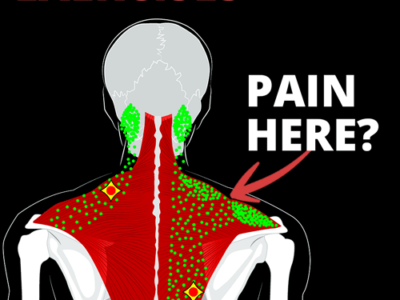One of the most common questions people ask when it comes to sleep is, how many hours do they need? The answer varies across age groups and involves numerous factors such as personal habits, lifestyle, and health conditions. This article will explore the recommended sleep times for different age groups, as well as tips for achieving optimal sleep and its benefits for overall mind and body health.
Finding your ideal sleep time through age group calculator
Although individual needs may vary, a panel of experts from various organizations such as the National Sleep Foundation and the American Academy of Pediatrics has provided general guidelines on the optimal sleep time for each age group:
- Newborns (0-3 months): 14-17 hours per day
- Infants (4-11 months): 12-15 hours per day (including naps)
- Toddlers (1-2 years): 11-14 hours per day (including naps)
- Preschoolers (3-5 years): 10-13 hours per day (including naps)
- School-aged children (6-13 years): 9-11 hours per day
- Teenagers (14-17 years): 8-10 hours per day
- Young adults (18-25 years): 7-9 hours per day
- Adults (26-64 years): 7-9 hours per day
- Older adults (65+ years): 7-8 hours per day
It is important to note that these recommendations are not set in stone and may vary depending on individual needs. In general, however, following these guidelines can help ensure that your body functions at its best.
Why do teens need more sleep than adults?
As seen from the age group calculator, teenagers require more sleep than young adults and older adults. This is mainly due to the physical and mental growth they undergo during adolescence. Sleep plays a crucial role in supporting their cognitive development, hormonal regulation, and immune system function. Lack of adequate sleep in teens can result in mood swings, irritability, difficulty concentrating, and a higher susceptibility to health issues such as obesity and diabetes.
Napping: A boon or bane for your sleep schedule?
While naps can provide a temporary energy boost during the day, excessive napping can interfere with your nighttime sleep. Napping for too long or too late in the day can make it difficult to fall asleep at night, leading to a disrupted and insufficient rest. However, if done correctly, power naps lasting 20-30 minutes can improve alertness and productivity without affecting your nighttime sleep quality.
When should you consider taking a nap?
If you find yourself consistently feeling tired and sluggish during the day despite getting enough sleep the previous night, you might benefit from incorporating a short nap into your daily routine. Ideally, plan your nap for the early afternoon when the post-lunch dip in energy commonly occurs. Avoid napping after 3 pm, as this can interfere with your ability to fall asleep later at night.
Factors affecting your sleep needs
It is crucial to consider various factors that can influence your sleep requirements in addition to the age group calculator. Some of these factors include:
- Physical activity: Engaging in regular exercise can help improve sleep quality, but it’s essential to time your workouts appropriately. Exercising too close to bedtime can cause restlessness and difficulty falling asleep due to increased adrenaline and body temperature.
- Daily stress: Stress can significantly impact sleep quality and quantity. Developing healthy coping mechanisms such as meditation, deep breathing exercises, or talking to a therapist can help manage stress and promote better sleep.
- Health conditions: Certain medical conditions like sleep apnea, insomnia, and chronic pain can disrupt your sleep patterns, making it difficult to get the recommended amount of rest per night. Consult with a healthcare professional for the appropriate treatment options.
- Lifestyle habits: Consuming excessive amounts of caffeine, nicotine, or alcohol can negatively affect sleep quality by altering your natural sleep-wake cycle and increasing nighttime awakenings.
Achieving optimal sleep: Creating a conducive sleep environment
To ensure you wake up feeling refreshed and energized each morning, it is vital to create a sleep-friendly environment that promotes relaxation and restful sleep. Some tips for achieving this include:
- Maintaining a consistent sleep schedule by going to bed and waking up at the same time every day, even on weekends.
- Creating a comfortable and clutter-free sleep space with a supportive mattress, comfortable pillows, and breathable bedding.
- Keeping the bedroom cool, dark, and quiet by using blackout curtains, a fan or air conditioner, and earplugs or a white noise machine.
- Establishing a relaxing bedtime routine, such as taking a warm bath, reading a book, or practicing gentle stretching exercises.
- Limiting exposure to electronic devices for at least an hour before bed, as the blue light emitted can suppress melatonin production, making it difficult to fall asleep.
By understanding the recommended sleep times for your age group and addressing factors that may affect your sleep needs, you can work towards achieving optimal sleep and reaping its benefits for your overall mind and body health.




Comments